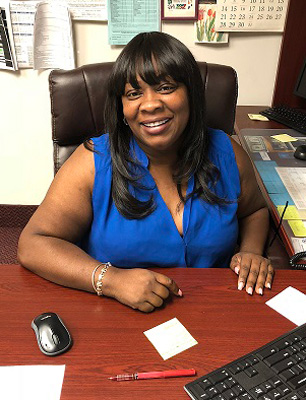 When Genea Moore was a college student in the early 2000s, scouring her local paper for job opportunities, she had no idea her enthusiasm and open mindedness would land her, a Jewish woman of color who converted in 2015, a job at a synagogue that would prove life-changing in so many ways.
When Genea Moore was a college student in the early 2000s, scouring her local paper for job opportunities, she had no idea her enthusiasm and open mindedness would land her, a Jewish woman of color who converted in 2015, a job at a synagogue that would prove life-changing in so many ways.
Now executive director at Midway Jewish Center in Syosset, New York, Genea’s career in Judaism—which ultimately led to her conversion—started when she answered an ad for a clergy assistant position at Port Washington’s The Community Synagogue. “When I first got there, it was April and Passover, the one holiday I knew about, had just ended,” she recalls. “The next year, the rabbi asked if I had ever been to a Passover seder and invited me to his home. I’ve now gone to a seder for the past 17 years! Even after I moved on to work for another synagogue five years later, we remained friends—he is part of my family.”
This rabbi also played a large part in Genea’s next career move, finding her Jewish home and deciding to convert. “I would have stayed, but he pushed me out,” she laughs. “He thought I could do better and knew Central Synagogue in New York City was looking for an administrative person. He said, ‘I’d love to keep you here forever, but you’re not going to grow because of our size.’”
He was right. Genea moved to Central Synagogue, a large and diverse community—they even had a Korean cantor who is now senior rabbi—where she spent the next 10 years, which was a time of tremendous growth and change. She developed professionally—from clergy assistant to executive administrative assistant to office manager—and was mentored by the executive director to the point where she knew she could take on that role for a synagogue herself.
While at Central Synagogue, Genea thought often about how she was embraced and treated with such kindness by the Jewish community over the years. “My mom passed away while I was still at The Community Synagogue and it was one of the hardest times in my life,” she recalls. Growing up in a Christian household that regularly attended church, Genea found she got more support from the rabbi she worked for than from the pastor she’s known her whole life.”
This realization encouraged Genea to read Central Synagogue’s retiring senior rabbi’s book of sermons that was compiled in his honor—and sitting on her desk. “One day, I just picked it up and started reading it,” she says. “That was the beginning of me not only changing my religion, but also my lifestyle. With Judaism, I feel like it’s so easy to live a good life. I always felt guilty and like I was never good enough before.”
One of the things Genea is most proud of about her conversion is that she did it for the right reason—herself. While taking the classes, she found others were converting because they were in interfaith marriages or dating someone who was Jewish. “I didn’t really have a reason,” she shares. “I just felt like I didn’t have the relationship I thought I should have with God even though I had gone to church my whole life.”
Furthermore, Genea’s proud of the reactions she received from family and friends. She worried about telling one of her six siblings in particular, but when she finally did, he said, “You mean you’re not already Jewish?” “Most people knew I was going through the process because I took it very seriously,” she says. “I said don’t call me on Tuesday nights or Sunday evenings. All the friends I have told have said, ‘That’s so dope,’ because I’m not scared to follow my heart and do what’s right for me.”
Now, that’s not to say Genea’s journey hasn’t been without challenges. Before landing the executive director position at Midway Jewish Center, Genea was recommended to another synagogue searching for an executive director. When she arrived for the interview, it quickly became clear they didn’t know she was black. “They obviously didn’t do their homework,” Genea says. “There were five people in the room and for at least three minutes, no one said a word. Finally, I broke the silence by saying, ‘Let me tell you about myself.’ I could tell they were super surprised.”
Genea wasn’t sure if her current synagogue was ready for a black executive director when she arrived two years ago. Over time, she found there were other dynamics at play. “When I first got here, I was ready to leave after the first month,” she says. “My boyfriend said, ‘Just stay and work and let them respect the work you do. Trust me, things will change. No matter where you go, people are not used to new people. No one likes change, but when they see it’s for the better, everything goes out the window.’ And he was right.”
“Other than that,” she continues, “I think I’m to the point in my life where I’m well aware that this position is not common for black people. Part of it is that black people assume they cannot work for a Jewish organization because they are not Jewish. Luckily, I took a chance and found out on my own, and it’s probably one of the best things I’ve ever done.”
In turn, the background and perspective Genea brings as Jew of color has benefited all of the synagogue communities she’s touched. She’s found many Jews who’ve never personally known or been friends with a black person, so she’s happy to fill that role. “I have a 75-year-old volunteer who tells me all the time she never had any black friends so was scared to say certain things. I’m super open and not afraid to say, ‘You’re right, most black people are like that.’ Or, ‘It’s not prejudice to want your son to marry a Jewish girl; everyone wants their culture to live on.’ The greatness about diversity is you’re able to have grown-up conversations and in the end, understand there’s really no difference between people.”
Genea wrote a personal account of her conversion on her most recent anniversary. Click here to read it!
The Changing Face of Judaism
A new study by the Jews of Color Field Building Initiative shows U.S. Jewry is a lot less white than some might think. The 2019 report, “Counting Inconsistencies,” was commissioned to answer two simple questions: How many Jews of Color are there in the U.S., and in the coming decades, how many will there be?
While the data doesn’t fully capture American Jews today because population studies designed by and for a community that largely expresses as “white” often neglect to ask systematic and reliable questions about race and ethnicity, there is good news in the challenging data—we are more diverse than ever. The study estimates that of the U.S.’ 7.2 million Jews, at least 12 to 15 percent are Jews of color. That’s one in seven, or at least one in every minyan. The study also reveals that at least 20 percent of Jewish households are now multiracial.
Click here to read the complete “Counting Inconsistencies” study.
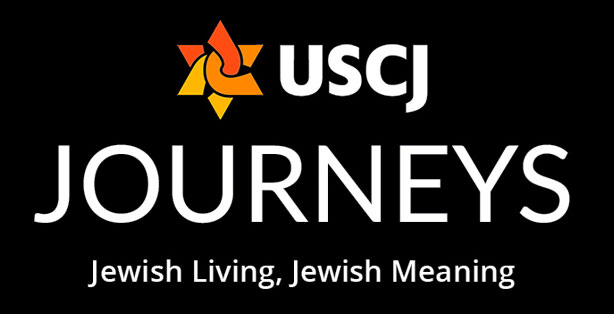
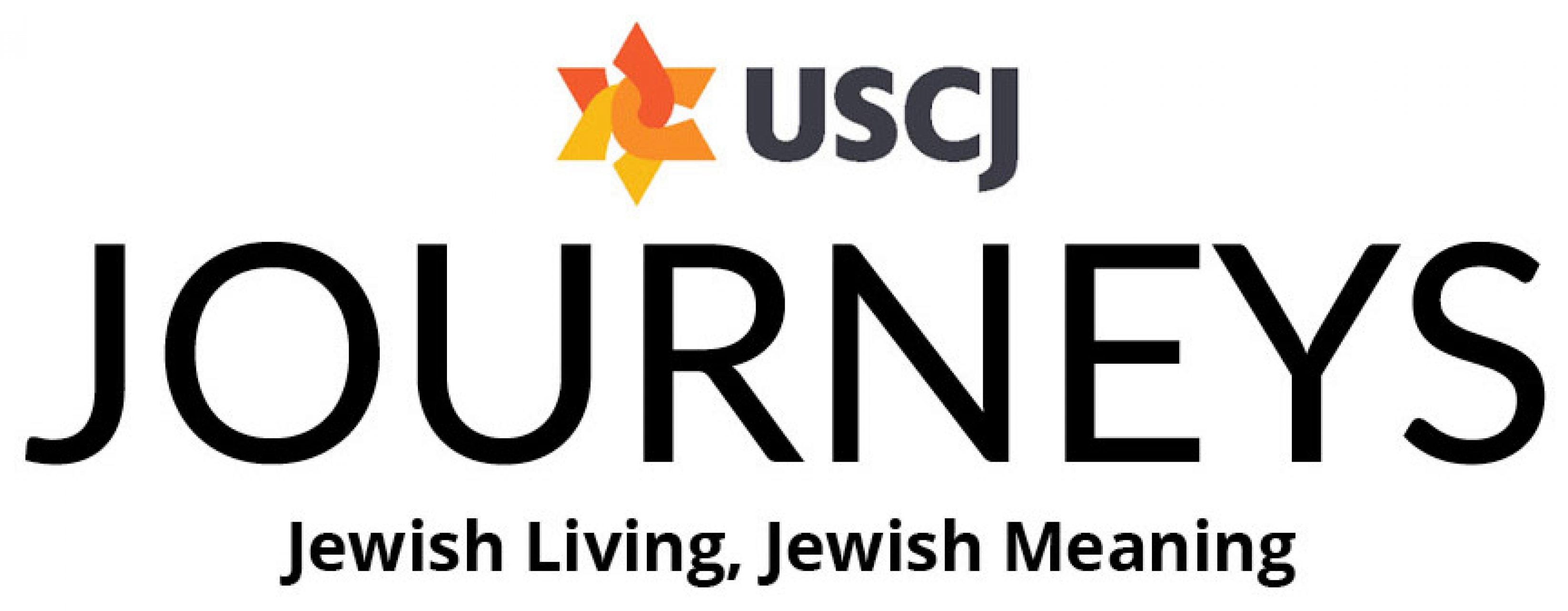
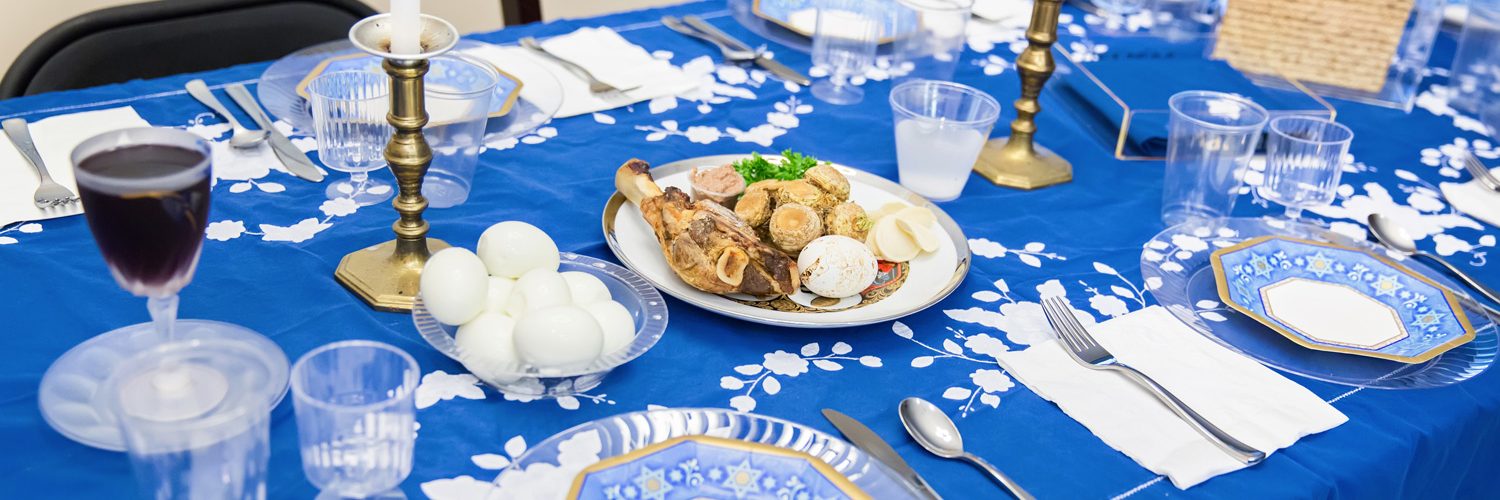

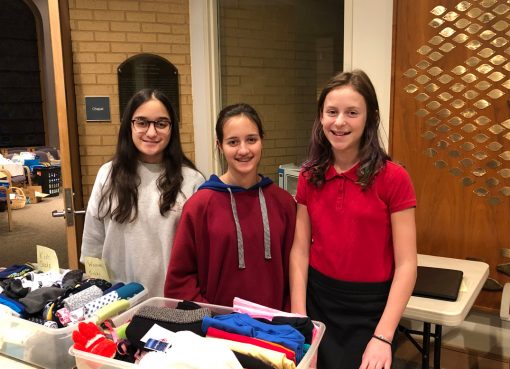
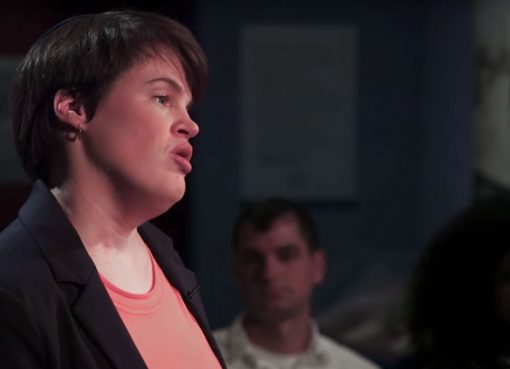
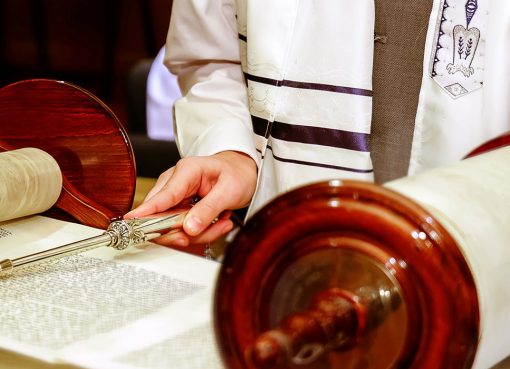

Regarding my most favorite co-worker ever, Genea Moore. There is no one like you. Your early life had its challenges, our friendship blossomed at The Community Synagogue. Two people almost 20 years apart who virtually not having too much in common except our beautiful friendship. I domesticated you the first few years, showing you what to shop for at the supermarket, then getting your first apartment, you have grown way over my head!! I could not be more proud of your accomplishments! The sky is the limit for you!
You go, my girl!!
Sue
Your friend Sue
Also a Jew of color and definitely understood the journey-all of it. My daughter who attends SSSW was born after my conversion and only knows Judaism. Her Batmitzvah was a “Jewmaican” affair and a great hit in the community.